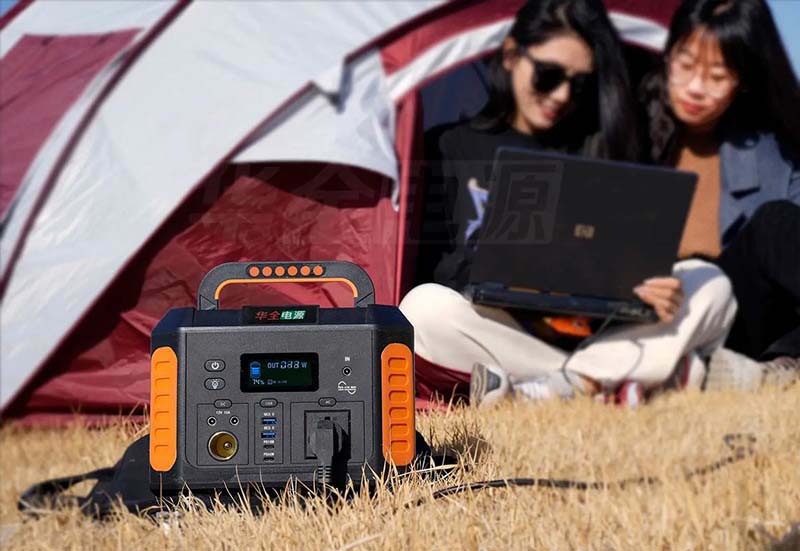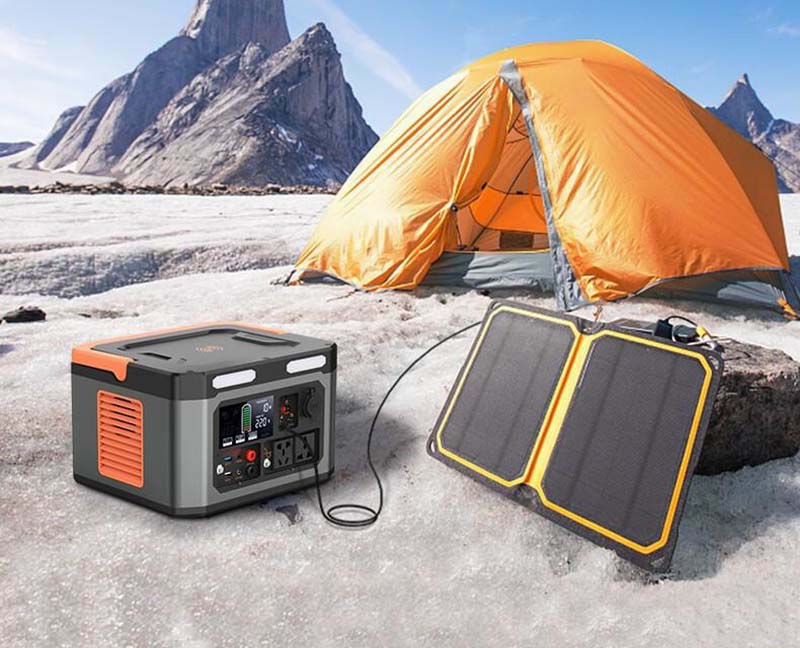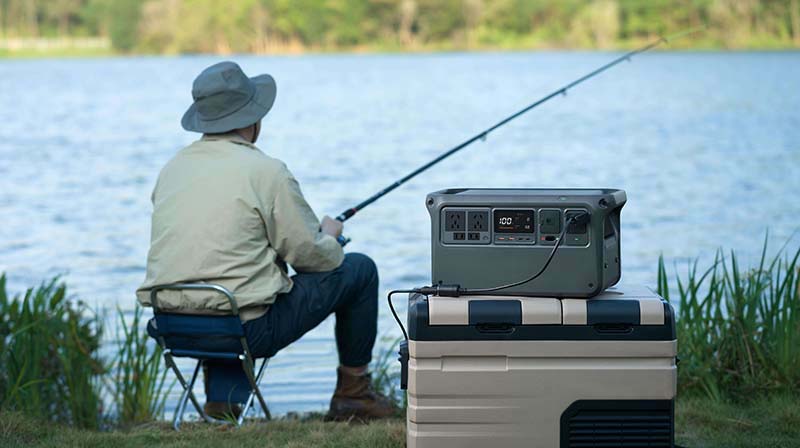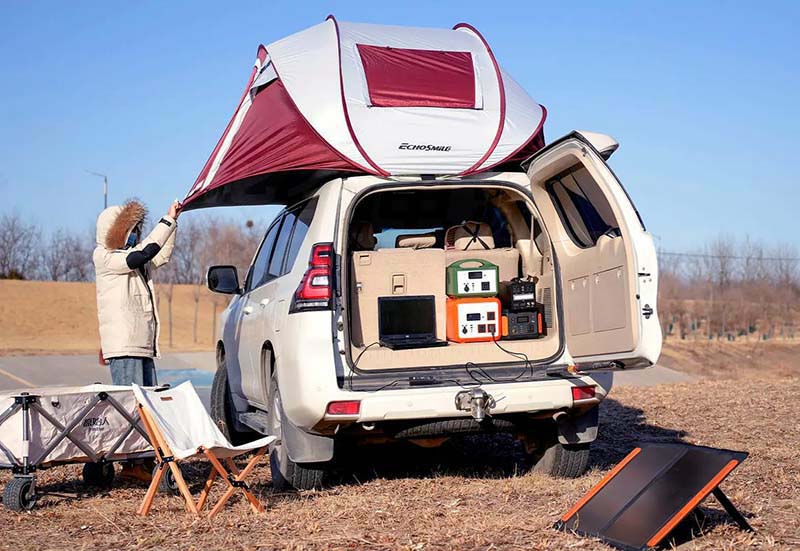how to size a portable power station
Portable power station can be used for Walkmans, Electronic ink screen phone cases, Portable lung capacity testers, Handheld radios, Smart glasses, etc, Choosing the right size for a portable power station is essential to ensure it meets your energy needs without unnecessa...

Essential Devices Powered
- Automatic sleep mode for long-term storage to protect the battery.
- When stored for a long time, it automatically enters sleep mode to reduce power consumption.
- Suitable for summer camping, providing power for cooling equipment such as electric fans.
- The charging cable uses thickened copper wire with a voltage drop of ≤3%.
- Solar charging power ranges from 60W to 2000W.
Camping Benefits
- Orchard soil moisture sensor + soil moisture recorder power supply
- Wind power maintenance walkie-talkie charging
- Temporary power supply for garden pruning power tools (hedge trimmers/pruning shears)
- Power supply for lighting and water purification equipment at temporary shelters in typhoon-stricken areas
- Continuous power supply for atmospheric monitoring mobile devices
Choosing the right size for a portable power station is essential to ensure it meets your energy needs without unnecessary bulk or expense. Start by identifying the devices you plan to power. Make a list of all electronics and appliances, noting their wattage and how long you intend to use each one. This helps estimate the total watt-hours (Wh) required. Next, calculate the power station capacity by adding the wattage of all devices you want to run simultaneously. Consider peak power requirements, especially for devices with high startup surges like refrigerators or power tools. Choose a power station with a wattage rating that meets or exceeds this peak demand. Battery capacity is another critical factor. A higher capacity means longer usage time but also increases weight and size. Balance your need for portability with the required energy storage. Additionally, check the type and number of output ports to ensure compatibility with your devices. Finally, consider recharge options such as solar panels, wall outlets, or car chargers to keep your power station ready for use. By carefully evaluating your power needs and usage patterns, you can select a portable power station that provides reliable, convenient energy wherever you go.


